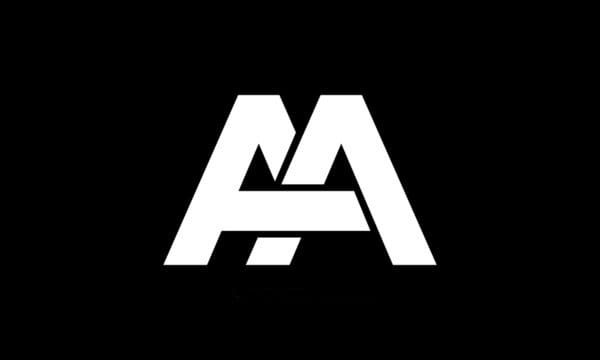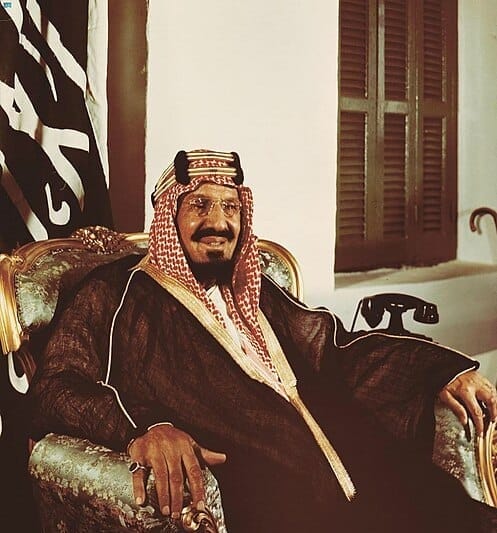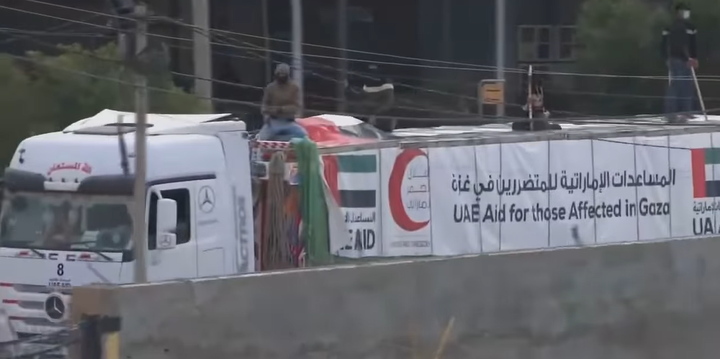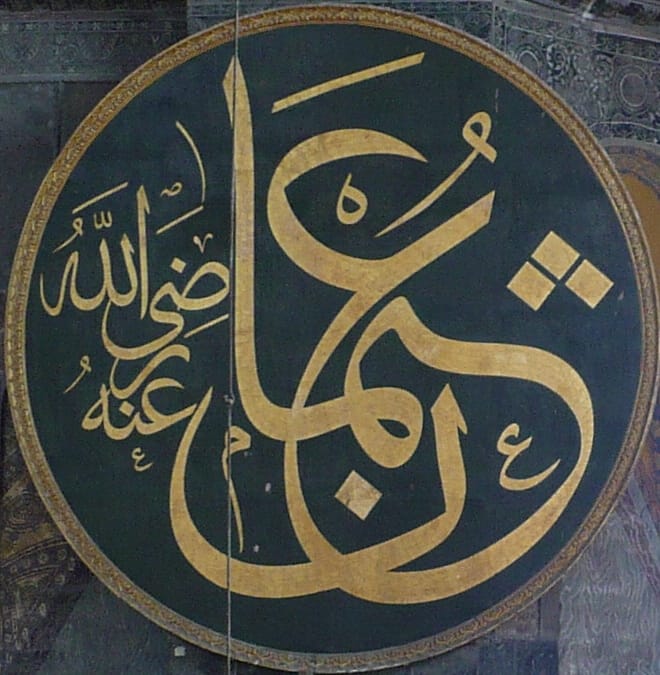The United Arab Emirates’ Response to Allegations of their Role in the Sudanese Civil War
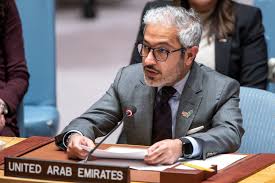
There have been numerous accusations and allegations reported in the media about the United Arab Emirates’ alleged support of the Sudanese rebels, the Rapid Support Forces (RSF)[1][2][3]. Sudan has been central to the Emirates’ strategy in the region. They relied on soldiers from the Sudanese Armed Forces (SAF) and RSF to fight in Yemen in 2015 to date. The UAE is also a sales point for significant quantities of minerals from Sudan. However, they have been alleged to have taken sides during the outbreak of war between the two Generals in 2023. This article examines the responses of the Emirati government to the accusations leveled against them.
Allegations of the Khartoum Government
According to widely circulated accusations, the United Arab Emirates seeks to establish a logistic hub in the Chad-Sudan border to support the Gulf States’ military efforts in Libya, Sudan, and other conflicts in the region.
Based on this geostrategic posture, the UAE is alleged to have disguised arms and ammunition exports as humanitarian aid. They go further to cite the view that the United Arab Emirates is the center of all of the RSF’s international relations affairs, from financing, business interests, logistics, and public relations.
Other pro-Khartoum government submissions indicate that the injured RSF fighters are transported to Emirati-controlled medical facilities on the Chad-Sudan border. The UAE has, therefore, offered this military treatment point to the Sudanese rebels.
Furthermore, it is alleged that the leader of the RSF, Mohammed Dagalo, travels around the world in an Emirati aircraft.
Information and misinformation are common in a period of war. There are always accusations and counteraccusations driven by uncertainty and frustrations on all sides. Thus, it could be said that there is fertile ground for claims to be made about any country in the war to further the cause of the war.
The UAE’s Official Response
When the issue was first presented by the representative of Sudan to the UN Security Council, the Emirates reiterated their concerns for the humanitarian crisis in Sudan[4]. The Emirati Permanent Mission to the United Nations made it clear that the Sudanese people deserve peace and a ceasefire must be arranged immediately for humanitarian aid to get in to help suffering Sudanese as well as the creation of a credible political process.

UAE's submissions indicate that they tried to reach out to the Sudanese Armed Forces as far back as May 2023 when the war broke out to provide medical aid and support, however, they refused. In response to that, they set up a field hospital on the Chad-Sudan border to provide critical medical care to anyone affected by the war. They then proceeded to provide some $70 million in aid through the United Nations agencies while adding another $130 million in other forms of humanitarian aid.
The Emirati permanent mission went further to provide evidence of disinformation in the Sudanese government’s official media reports and disprove some of the claims made against the UAE for fueling the war.
Three months later, in September 2024, the Emirati Ministry of Foreign Affairs provided further evidence about their commitment to peace and development in Sudan. They identified they had provided some $3.5 billion in humanitarian aid to Sudan in the past decade and are committed to peace talks to end the war swiftly[5].
Conclusion
The United Arab Emirates has denied military involvement in the Sudanese Civil War. They insist their participation has been strictly for peaceful humanitarian purposes. Meanwhile, the Khartoum government and the Sudanese Armed Forces (SAF) refused to attend peace talks in Switzerland because of the participation of the United Arab Emirates. They still hold the view that the UAE is behind the war and the RSF's funding. In the meantime, the Sudanese civil war has reached a stalemate, with both parties holding a chunk of Sudan, with battlelines across urban areas of the country. The two military leaders are actively trading accusations at each other, and the world awaits a solution to end the conflict.
[1] Husam Mahjoub. “This article is more than 4 months old It’s an open secret: the UAE is fuelling Sudan’s war – and there’ll be no peace until we call it out”. The Guardian. Published: May 24, 2024. Available at: https://www.theguardian.com/commentisfree/article/2024/may/24/uae-sudan-war-peace-emirates-uk-us-officials
[2] Edith M. Lederer. “Sudan accuses UAE of arming rivals and prolonging war, UAE accuses Sudan of refusing to talk peace”. AP News Published: September 11, 2024. Available at: https://apnews.com/article/un-sudan-uae-weapons-government-paramilitary-war-859bf38f1a6f6a5647fb528d3818f5bb
[3] Yasir Zaidan. “To End Sudan’s War, Pressure the UAE”. Foreign Policy Published: August 29, 2024. Available at: https://foreignpolicy.com/2024/08/29/sudan-war-rsf-saf-uae-arms-hemeti-burhan/
[4] Permanent Mission of the United Arab Emirates to the United Nations. "Statement by the Permanent Mission of the United Arab Emirates of the UN in Response to False Allegations in the Letter Dated 10 June 2024 From the Representative of the Sudan to the UN Security Council." Published: June 27, 2024. Available at: https://uaeun.org/statement/uae-response-to-false-allegations-sudan-27june/
[5] United Arab Emirates Ministry of Foreign Affairs. "Statement by the United Arab Emirates' Ministry of Foreign Affairs on the talks addressing the crisis in Sudan" Published: August 24, 2024. Available at: https://www.mofa.gov.ae/en/mediahub/news/2024/8/24/24-8-2024-uae-sudan

